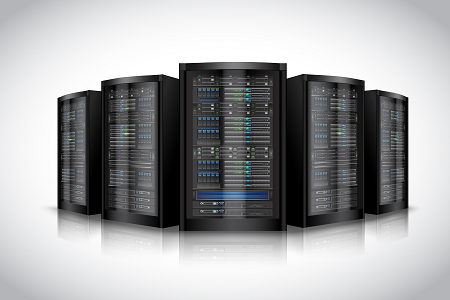Salient IT Services › Data backup solutions Yuba
What you need to know about data backup solutions in Yuba City
For many modern businesses, their data may be their most important asset. This means that if anything happens to it, or to a company’s ability to access it, the situation has to be remedied as quickly as possible. With that in mind, here is a quick guide to what you need to know about data backup solutions in Yuba City.
The law applies to data backups (and archives) in the same way as production data
On the one hand, this may seem obvious. On the other hand, the nature of data backups (and archives) means that they can very easily slide into the category of “out of sight and out of mind” and hence fall through the cracks of your data-governance process.
The key point to remember is that sensitive data should not only be collected on the basis of need but should also be stored on the basis of need. If data is being actively used, then it is presumably needed, but if it falls dormant, then you need to take action either to archive it (for compliance reasons) or delete it. If it is archived, you then need a process to delete it once the compliance period has ended.
Usually, companies also need to archive some non-sensitive data for compliance purposes (e.g. financial data). It is legally permissible to keep this once the compliance period has ended, however, this will have cost implications.
The better you manage your data, the better you can manage your costs
This applies in all environments (i.e. data centers and clouds) but has particular relevance to the cloud. As a minimum, you need to be able to separate production data from dormant data. Making sure you only backup the former is vital to keeping costs reasonable.
Realistically, there isn’t much more you can do in a data center, but in a cloud environment, you can finesse this even further and use different speeds of storage for different kinds of data, depending on how important it is to your business. Adopting a tiered-recovery strategy can be a great way to minimize your recovery time for your most important data, while still staying within a reasonable budget.
Your data backup solution is an integral part of your disaster-recovery solution
Disaster recovery involves more than just backing up your data (although that’s clearly vital to its success), it involves providing your staff with access to everything they need to work with that data. The most obvious examples of this are an operating system and applications. This means that your data backup solution needs to be integrated with your disaster recovery solution. The only question is how best to achieve this.

If you are in a data center
If you are in a data center, it may make sense to use physical storage for your local data backup, but even in a data center, you generally want to use the cloud for your off-site data backup. This not only saves you the hassle of having to transport storage media off-site but also saves you the time required to bring them back. It also means that you can receive your data in the physical location of your choice so even if you change your disaster-recovery data center (through choice or necessity), you can stick with the same data backup solution.
If you are in a public cloud
If you are in a public cloud then, in many ways, you are in the simplest situation. You can just backup your data to another public cloud and add whatever else you need to work with it. This may seem like a lot of effort, especially given that the mainstream public cloud providers have an excellent track record of reliability. It is, however, worth making the effort.
Having an off-site data backup will not only protect you against issues with your public cloud but also protect you against the possibility of your accesses being misused (accidentally or deliberately) or compromised. Adding the disaster-recovery capability to this gives you a lot of extra protection at minimal extra cost.
If you are in a private cloud
If you are in a private cloud, you basically have two main options. Firstly, you can replicate the data-center approach and store your (encrypted) data backups in the public cloud from where they can be transmitted to your disaster recovery cloud if the need arises. Secondly, you can use your disaster recovery cloud to hold your data backups. The former approach tends to be more economical, but the latter will usually get you back online a bit more quickly if you have to recover from a disaster event.
If you’d like to speak to a reputable and experienced data backup solutions provider in Yuba City, please click here now to contact Salient IT.


 (3 votes, average: 3.67 out of 5)
(3 votes, average: 3.67 out of 5)
